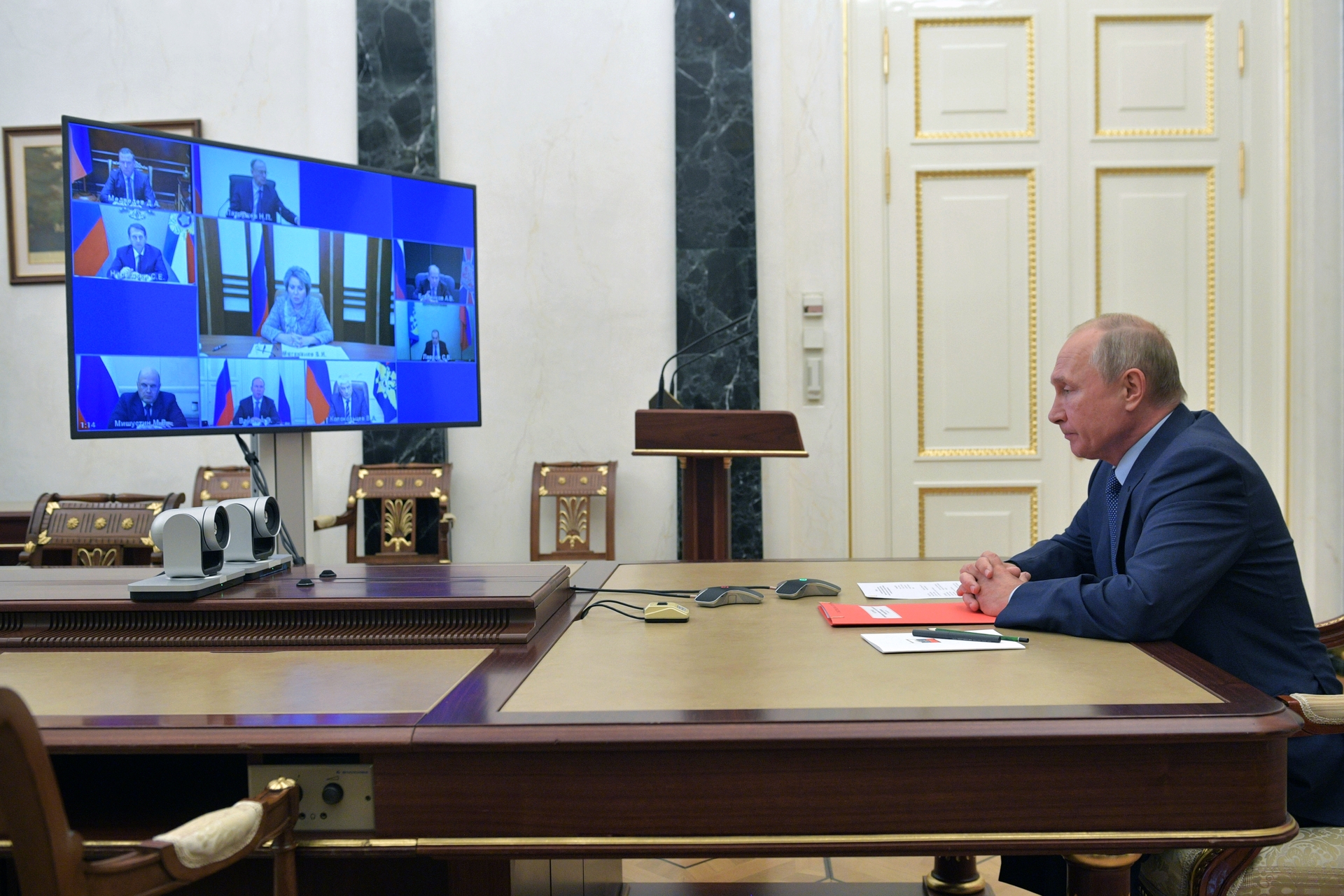Russia proposes to extend the Strategic Arms Reduction Treaty (START) for one year, and together with the United States, to "freeze" the number of nuclear warheads during this period.
This is stated in the statement of the Russian Foreign Ministry.
The department noted that they did not receive an official response from the American side to the note dated October 16 with the proposal of President Vladimir Putin to extend the agreement.
At the same time, the Foreign Ministry drew attention to the conflicting comments of American officials in social networks.
“Russia proposes to extend the START Treaty by one year, and at the same time is ready, together with the United States, to make a political commitment to“ freeze ”the number of nuclear warheads held by the parties for this period.
This position of ours can be implemented strictly and exclusively on the understanding that the "freezing" of warheads will not be accompanied by any additional demands from the United States, "the department explained.
If Washington agrees, this year can be used to conduct "bilateral negotiations on the future control of nuclear missile weapons with the obligatory consideration of all factors affecting strategic stability," the department concluded.
State Department spokeswoman Morgan Ortagus later said that the United States appreciates Russia's desire to make progress on the situation.
“The United States is ready to hold an immediate meeting to approve the final version of the treaty, the fulfillment of which is amenable to control.
We expect Russia to endow its diplomats with the appropriate powers, ”reads a statement on the agency's website.
Recall that on October 16, Vladimir Putin, during a meeting of the Security Council, made a proposal to extend the existing treaty on the reduction of strategic offensive arms for at least a year without any conditions.
During the meeting, Russian Foreign Minister Sergei Lavrov said that there is a threat to leave the world without START III and "without any other instrument at all that would provide at least some joint approaches to maintaining strategic stability."
RIA News
© Alexey Druzhinin
"It would be extremely sad if the treaty ceased to exist altogether and were not replaced by another fundamental document of this kind," Putin said, recalling that the treaty had worked well over the past years and fulfilled its role in curbing the arms race.
“It is clear that we have new weapons systems that the American side does not have, at least for now.
But we do not refuse to discuss this side of the issue, ”Putin stressed.
Aide to the President of the United States, Robert O'Brien, reacted to the offer, calling such an initiative "doomed to failure."
He said that Washington is "serious" about nuclear arms control and hopes that "Russia will reconsider its position before a costly arms race breaks out."
According to him, the United States offered an extension for a year in exchange for the fact that both countries would set limits on the number of nuclear warheads during this time - such a proposal was made earlier by the US President's Special Representative for Arms Control Marshall Billingsley.
On October 19, commenting on the current situation, the presidential press secretary Dmitry Peskov expressed hope that the dialogue with Washington on the treaty would be extended, despite the refusal of the American partners from Putin's proposal.
According to Peskov, at the moment "the desired progress has not yet been observed," but "this does not mean that contacts should be completely stopped."
Peskov stressed that depriving the whole world of this “cornerstone of global stability and security” would have very disastrous consequences.
START III was concluded between Russia and the United States on April 8, 2010 and entered into force on February 5, 2011.
The agreement is valid for ten years with the possibility of prolongation for five years by agreement of the parties.
The current agreement will end on February 5, 2021.
The Russian side has repeatedly declared its readiness to extend the treaty, but Washington did not report its final decision.
Along with this, the United States considers it necessary to conclude a new agreement that would replace START III.
Among other things, the American side wants to achieve China's accession to it.
However, Beijing has repeatedly stressed that it will not participate in such initiatives.

